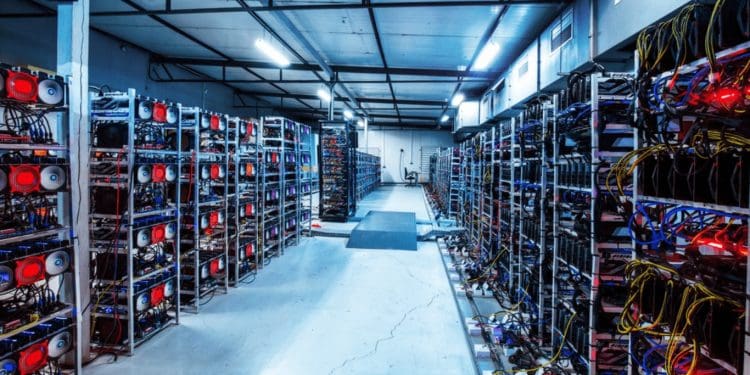- Argo allegedly misled investors by exaggerating its financial status before the initial public offering.
- The offerings documents contained false statements that downplayed the firm’s many constraints.
- Argo recently regained compliance with Nasdaq after being threatened with delisting.
Investors on Argo blockchain, a Bitcoin mining firm, have filed a class action lawsuit against the firm for allegedly making misleading statements during its IPO.
The London-based company launched an initial public offering in September 2021, selling 7,500,000 American Depositary Shares (ADS), each representing ten ordinary shares. The offering raised $112,500, 00 costing $15.00 per ADS.
As per a court filing, the lawsuit claims that offerings documents provided before the IPO contained misleading statements.
“The offering documents were negligently prepared and, as a result, contained untrue statements of a material fact or omitted to state other facts necessary to make the statements not misleading,” it read.
“Had [the investors] known the truth, they would not have purchased or otherwise acquired said securities, or would not have purchased or otherwise acquired them at the inflated prices that were paid.”
It details five counts of violations lodged against the defendant, Argo Blockchain plc.
Misleading Statements in the Offerings Documents
One of the complaints pointed to Argo’s representation of its mining strategy as involving “cost-effectively acquir[ing] the latest generation mining machines and install[ing] them in North American facilities that utilize predominantly . . . inexpensive power.”
Allegedly, Argo had also maintained to investors the sustainability of its operations through a “Smart Growth” strategy designed to optimize mining activities. The mining firm told investors it believed the approach, coupled with a commitment to mining efficiency, would bring long-term yield.
The pre-IPO document contained details regarding the firm’s mining machines, ensuring their efficiency at generating “more than 1,075 petahash[1] per second.”
Agros told investors it had acquired “160 acres of land in western Texas with access to up to 800 MW of power,” which is expected to support 200 MW in two phases of development on the Helios facility.
The historical sustainability of Argo’s operations, supposedly “appreciating” BTC investments, and ability to bankroll expenses were also positively highlighted.
According to investors, the statements were materially false and misleading because the offering documents were negligently prepared. Then, the facts provided in the papers needed to follow the rules and regulations following their preparation.
In contrast to claims in the documents, Argo suffered from significant capital constraints, electricity and other costs, and network difficulties.
The difficulties hindered the crypto mining firm from meeting obligations regarding its Helios factory operations. Its finances could have been more balanced, as the firm could no longer achieve high sustainability.
The Truth
Argo released press news on June 2022, admitting that it had mined fewer BTC compared to the month before. It claimed high electricity prices and network difficulty as reasons and announced the halt of operations at the Helios facility.
As a result, Argo’s ADS price fell $0.28 per ADS, or 4.4%, to close at $6.09 per ASD on June 7. However, it continued to trade at inflated prices.
Investors were told that Argo had secured enough debt financing and was “well positioned to weather the current downturn with…experienced management team, which has successfully navigated the Group through previous crypto winters.”
The cumulative pressure, which affected other Bitcoin mining companies last year, resulted in Argo selling the Helios facility to Novogratz’s Galaxy Digital for $65 million. It also collected an added $35 million loan to help stay afloat.
Argo Regains Compliance with Nasdaq
The lawsuit comes merely days after the Bitcoin mining firm regained listing compliance with Nasdaq. It received the green light on January 23 after meeting the minimum closing bid price of $1.00 for ten consecutive trading days on the 13th.
Argo revealed in December that its common stock did not make the minimum closing bid price of $1.00 over thirty consecutive business days, as required by the Nasdaq Stock Market listing rules.
This was due to financial difficulties, coupled with a rumor about bankruptcy filings, that led to the suspension of its American Depositary Shares (ADS) trading on Nasdaq.
The firm had also admitted that it was close to “having insufficient cash to support ongoing business” and was trying to avoid filing for Chapter 11 bankruptcy.
Following the warning of a possible delisting from Nasdaq, Agro shares met the $1 benchmark on January 3 and rose even further, with the stock price closing at $1.73 on January 20.














